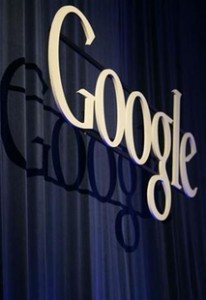When people search for your products or services, they probably misspell a word every so often. In mid-May, Google’s Adwords platform is making improvements to their exact and phrase matching options so your ad will be eligible to show when people search for close variants — yes, that includes misspellings — of your keywords. In addition to misspellings, other close variants include singular and plural forms, acronyms, stemmings (such as floor and flooring), abbreviations, and even accents for people searching outside the US. At NetTrack, we’re excited because with our improved ability to target exact matching and phrase matching, we will be able to better target your ads, helping to improve your clicks and impressions.
How Google’s exact match and phrase match will work
With the Adwords PPC platform’s improved exact and phrase matching, Google (and partner search sites that use the same ads – like AOL Search) will show your ad when someone searches for close variants of your exact match and phrase match keyword. This means we can broaden your reach to customers who search for close variants of your keywords, while still having more precise control over which search terms trigger your ads.
Below is an example to illustrate how this works:
Using an exact match of the keyword phrase [robotic arm], ads may show on searches for: robotic arms. However, ads won’t show on searches for: robot arm , fixing robotic arm etc.
Using a phrase match of the keyword phrase: “robotic arm”, ads may show on searches for: samsung robotic arms. Ads won’t show on searches for: hiland robotoc arm, or robotic gripper etc.
One thing that Google notes in the application summary:
They will use your exact keyword, and not close variants, to determine your Quality Score and first page bid estimate. This means that when a close variant of your exact match keyword shows your ad, it won’t affect your Quality Score or first page bid estimate. This is helpful because we can then select highly targeted pages to match up with your triggering key phrases without fear of diluting the relevance that Google looks for and rewards via the Quality Score.

